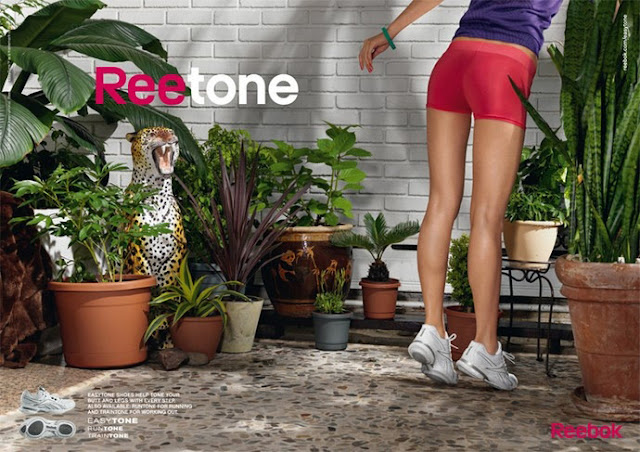I'd like to start with myprofessionaladvertising.com's Legal Issues in Advertising page:
Truth in Advertising
According to the Federal Trade Commission (FTC), “advertising must be truthful and non-deceptive… advertisers must have evidence to back up their claims… and advertisements cannot be unfair.”
Deceptive Advertising
According to advertising law, an advertisement is considered deceptive if it contains a statement or omits information that “is likely to mislead consumers acting reasonably under the circumstances; and is, ‘material’ - that is, important to a consumer's decision to buy or use the product.“
Essentially, the law states that your advertising cannot be misleading. You have to tell the truth, or clearly label your ads so that no reasonable person could mistake your intent. Advertisers [and their advertising agencies] need to have a reasonable basis for advertising claims before they are published.
Unfair Advertising and Business Practices
According to the FTC, an advertisement is unfair if “it causes or is likely to cause substantial consumer injury which a consumer could not reasonably avoid; and it is not outweighed by the benefit to consumers.”
In advertising law, “substantial consumer injury” and “material” are related things. In part, advertising law protects consumers from financial loss due to deceptive practices.
The law does make an exception when consumer benefits outweigh consumer injury, but you probably don’t want to pay the expenses of explaining that in court.
Bait and Switch Tactics
It’s illegal to advertise a product when you have no intention of selling that product at the advertised price. Bait and switch tactics are illegal, period. If you advertise a product, the law says that you have to intend to sell it as advertised.
Advertising Law: Catalog Sales
As a catalog retailer, you are not obligated to substantiate the claims made by suppliers about their products. However, caution and common sense should dictate your ad copy. Stick to the claims made by the supplier, and do not expand or improve on them. Do not print anything that is not reasonable.
Advertising to Children
The FTC pays particular attention to advertisements aimed at children. These ads are evaluated from a child’s point of view, not an adult’s. If you advertise to children, be very careful about following all of the guidelines. No company wants the publicity that comes from accusations about possibly misleading children.
Comparative Advertising
If the comparison you make is true, then it is legal to print it. If you are better than your competitors, the law says that you can tell the whole world about it.
With all of that said, the above is something everyone in the advertising world should know, in order to keep themselves out of lawsuits. Major companies are constantly trying to dodge them, but if they lose, they are a large enough company to afford the payment. However, small businesses can find themselves in hot water!
One super company, Reebok, recently had a lawsuit on their hands. The FTC (Federal Trade Commission) claimed that Reebok's recent EasyTone advertisements were deceptive advertising. See below:
They soon announced a settlement between the two. Reebok agreed to pay a 25 million dollar fine and stop the 'deceptive' advertising.
Tobacco-Free Kids (a non-profit organization) targeted American Spirit cigarettes this summer because the company released advertisements claiming that they were "Eco-Friendly." Tobacco-Free Kids quickly got involved, worrying that consumers would feel that the term "eco-friendly," could be thought to mean "healthier."

The next lawsuit I want to discuss is that of Kellogg's Kashi. At topclassactions.com you can see for yourself how Kashi products are not what they claimed to be in their advertisements.
You can see in the video above that the brand claims that their products are "All-natural." Well, a federal class action lawsuit says differently. Kashi Co. is under attack due to claims of mislabeling their products as free of artificial ingredients, while some of their products are almost entirely made of synthetic ingredients. To me, the most troubling of all is the fact that the FDA has listed some of the ingredients in Kashi products as perscription drugs and hazardous substances.
"Some of these "shocking" ingredients include synthetic substances listed as prescription drugs, irradiated substances, pesticides that are a by-product of uranium mining, and federally declared hazardous substances, the class action lawsuit states. Kashi also adds several ingredients that the FDA has declined to declare as a "safe" food additive, and several highly processed exitotoxins to its products that are hidden sources of MSG." (Read more here.)
Now that really seems like deceptive advertising to me!





Are you paying more than $5 per pack of cigs? I'm buying my cigs from Duty Free Depot and I save over 60% from cigs.
ReplyDelete